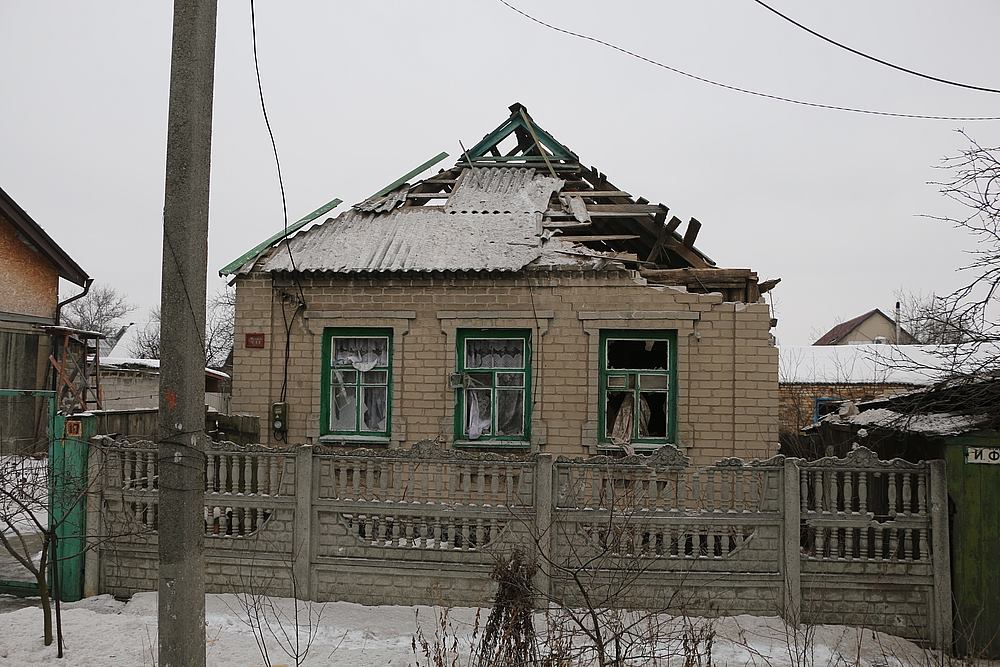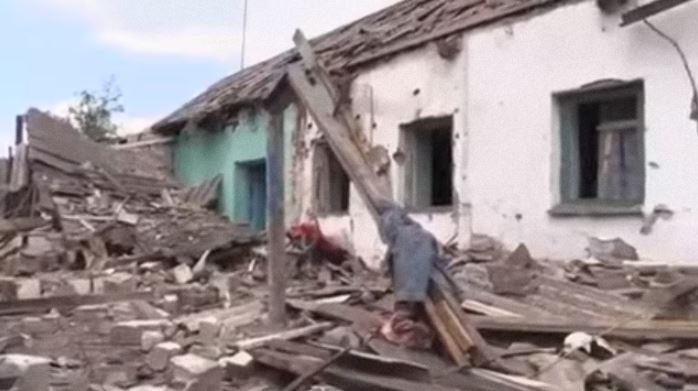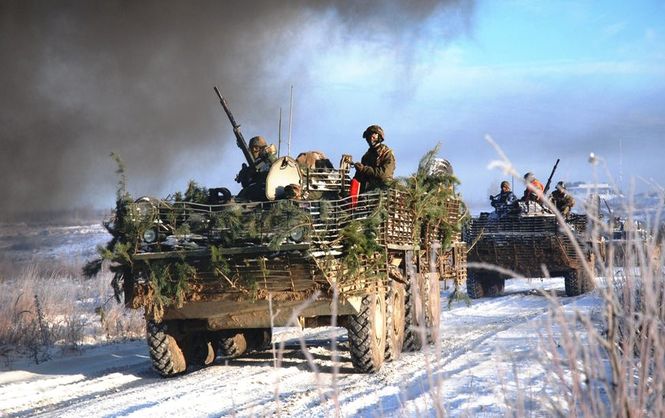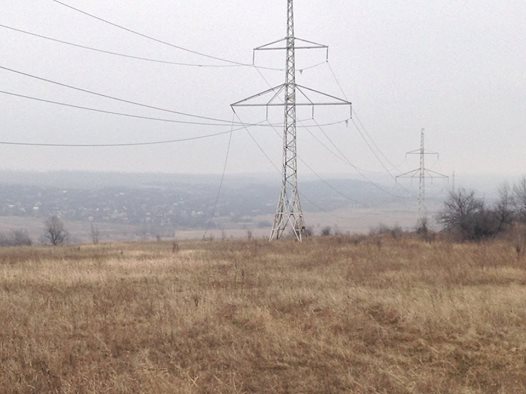Like many Russian nationalists, Vladimir Putin has long insisted that Russians, Ukrainians and Belarusians are not separate nations but a single “triune” people who thus should be part of a single state; but this week, his actions in Ukraine and about Belarus have effectively killed off this chimerical notion for all but the most die-hard of imperialists.
On the one hand, and even more than over the last several years, Russian forces in Ukraine have behaved as they did on foreign territory and in the North Caucasus, using the kind of brutal scorched earth attacks that make any claim that Russia views the Ukrainians as a fraternal people deserving respect and even a kind of deference on that basis..
And on the other hand, Moscow moved to create a genuine border regime between the Russian Federation and Belarus, thus casting doubt on the possibility of any union state between the two Slavic countries and demonstrating that any such state, should it arise, would be a Russian empire in which non-Russians would be treated as second class citizens or worse.

In a commentary on the Kasparov.ru portal, Yevgeny Ikhlov says that events of the last few days make it possible to “fix with precision the date of the death of the conception of ‘the triune unity of the Russian nation” of Russians, Ukrainians and Belarusians.
“A quarter of a century ago,” he begins, “sociologists and historians wrote that rarely in any country has the end of the Middle Ages been fixed as precisely as in Russia on August 22, 1991. The fall of Soviet power and the union (that is, imperial-messianic) idea marked the complete end of the ideocratic (i.e., logocentric) period of Russian history.”
Now, Ikhlov says, “we can set with no less precision the death of ‘the triune unity of the Russian nation.” It occurred over the last few weeks because “the sense of the unity of the nation means not simply a collection of historical myths (in the good sense) but also a feeling of solidarity, commonality and inclusion in some Big Family.”
Two events mark the passing of this idea:
- The construction of a genuine border regime between the Russian Federation and Belarus and Moscow’s threatening language when Alyaksandr Lukashenka responded as the head of an independent country;
- And the nature of the latest round of Russian aggression in Ukraine.
Moscow’s actions toward Belarus “clearly show” the Kremlin doesn’t view the Belarusians as “part of the Russian people” but as “a nation of a different and even hostile state.” And its attacks on Avdiivka in Ukraine, whose population Moscow should, on the basis of its past definition of eastern Ukraine, be treated as a Donbas sub-ethnos and thus worthy of protection, show that Moscow is quite prepared to treat them as a separate and enemy nation.
The death of “the triune nation” idea has not only geopolitical consequences – it presages even greater efforts among non-Russian countries to separate themselves from Russia and to find support in the West against Moscow – it has psychological ones as well because it challenges some of the most deeply held views among Russians.
Recent polls show that a majority of Russians don’t view the former Soviet republics and especially Belarus and Ukraine as truly foreign countries. (On this unfortunate reality, see DSNews.ua and Apostrophe.ua)
As long as “the triune nation” concept existed, many Russians and some in the West could deceive themselves that what Putin is doing is somehow about “recovering” unjustified losses from 1991 even if they have been unwilling to see that that was exactly what Adolf Hitler was doing with the Sudetenland and elsewhere.
Now, no one has that feeble excuse any longer. By his actions against Belarus and Ukraine and by killing off the “triune” mythology, Putin stands convicted of what he typically charges others of being: a revanchist imperialist who must be opposed before he does any more damage to the international order.
Related:
- Paramedic killed by Russian missile while saving Ukrainian soldiers
- Moscow doesn’t expect Trump to end sanctions all at once but ‘cleverly’ over time, Markov says
- West’s failure to confront Putin on Olympics convinced him he could invade Ukraine without penalty, Titov says
- The Trump administration eases sanctions against Russia
- Putin is attacking in Ukraine precisely to boost chances for ‘Big Deal’ with Trump
- Why Avdiivka is the most vulnerable spot for the Russian-separatist army in Ukraine
- Ukraine mourns soldiers killed in latest Russian hybrid war attack on Avdiivka
- Ukrainian deputies appeal to fellow parliamentarians to help save Avdiivka






